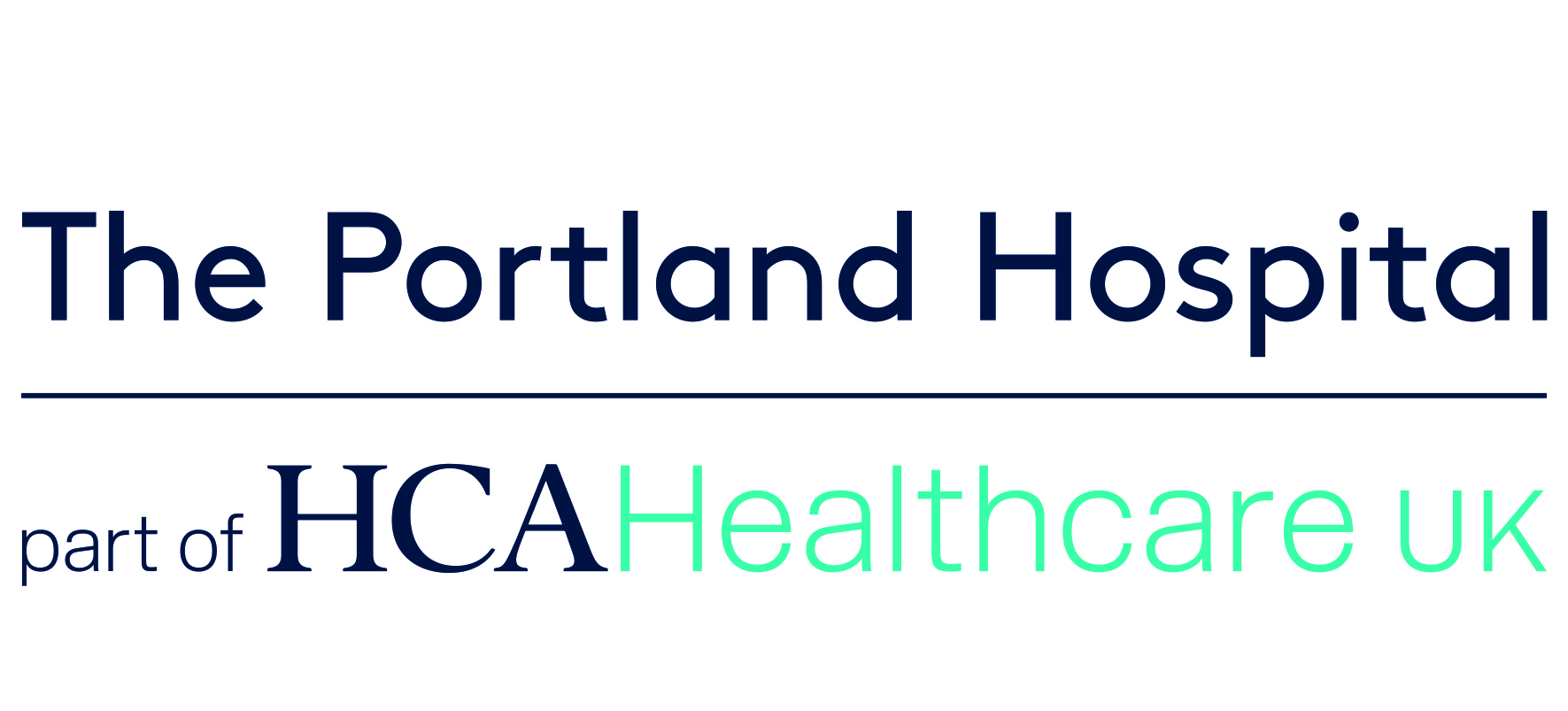
Stopping smoking now will also help your baby later in life. Children whose parents smoke are more likely to suffer from asthma and other serious illnesses that may need hospital treatment.
The sooner you stop smoking, the better. But even if you stop in the last few weeks of your pregnancy this will benefit you and your baby.
If your partner or anyone else who lives with you smokes, their smoke can affect you and the baby both before and after birth. You may also find it more difficult to stop if someone around you smokes.
Secondhand smoke can also reduce the baby’s birthweight and increase the risk of cot death. Babies whose parents smoke are more likely to be admitted to hospital for bronchitis and pneumonia during their first year.
To find out more about quitting and to get support, you or your partner can call NHS Smokefree on 0300 123 1044.
NRT contains only nicotine and none of the damaging chemicals found in cigarettes, so it is a much better option than continuing to smoke. It helps you by giving you the nicotine you would have had from a cigarette.
You can use NRT during pregnancy if it will help you stop smoking, and you’re unable to stop without it. It’s not recommended that you take stop smoking tablets such as Champix or Zyban during pregnancy.
You can be prescribed NRT during pregnancy by your GP. You can also buy it over the counter without a prescription from a pharmacy.
NRT is available as:
If you have pregnancy-related nausea and vomiting, patches may be a better solution.
NRT patches should be used for no more than 16 hours in any 24-hour period. The best way to stick to this is to remove the patch at bedtime.
Before using any of these products, speak to your midwife, GP, a pharmacist or a specialist stop smoking adviser.
By getting this specialist advice you can be sure that you are doing the best for your baby and best for you. For more information, call the NHS Smokefree advice line on 0300 123 1044. Remember, you are twice as likely to be successful at quitting if you get some support from a trained adviser.
Pregnant women are advised to avoid liquorice-flavoured nicotine products. Although there is no known risk with small amounts of liquorice flavouring, the manufacturers advise caution.
This caution is based on information on the adverse effects associated with excessive amounts of liquorice root. As other flavours are available, pregnant women are advised to select an alternative, such as fruit or mint.
E-cigarettes allow you to inhale nicotine through a vapour rather than smoke. Cigarettes deliver nicotine along with thousands of harmful chemicals. By itself, nicotine is relatively harmless.
E-cigarettes do not produce tar and carbon monoxide, two of the main toxins in cigarette smoke. Carbon monoxide is particularly harmful to developing babies. The vapour from an e-cigarette does contain some of the potentially harmful chemicals found in cigarette smoke, but at much lower levels.
E-cigarettes are fairly new and there are still some things we don’t know.
If using an e-cigarette helps you to stop smoking, it is much safer for you and your baby than continuing to smoke.
Unlike NRT, such as patches and gum, e-cigarettes are not available on NHS prescription. If you want to use an e-cigarette, you can still get free expert help from a stop smoking adviser.
Call NHS Smokefree on 0300 123 1044 for more information, or ask your midwife to refer you.
The NHS Smokefree helpline offers free help, support and advice on stopping smoking and can give you details of local support services.
You can also sign up to receive ongoing advice and support at a time that suits you.
Information:Free NHS Smokefree helpline
0300 123 1044
9am to 8pm Monday to Friday, 11am to 4pm at weekends
To find your nearest NHS Stop Smoking service talk to:
NHS Stop Smoking services can offer one-to-one or group sessions with trained stop smoking advisers and may even have a pregnancy stop smoking specialist.
They can also offer advice about dealing with stress, weight gain and support the use of nicotine replacement therapy (such as patches or gum), if appropriate, to help you manage your cravings.
(Source – NHS Choices)
Birth defects linked for first time to smoking in pregnancy
Doctors are urging mothers-to-be to give up cigarettes after new research linked smoking in pregnancy to babies suffering birth defects such as clubfoot, missing limbs and deformed limbs.
Those who smoke while expecting a baby increase the risk of their child being born with a serious malformation by as much as 50%, the study found. The disclosure led to calls for new measures to reduce what the authors called “staggeringly high” levels of smoking among pregnant women.
Although smoking by pregnant women has already been linked to a higher risk of a woman having a miscarriage or her baby being born prematurely or having a low birth weight, 45% of women under 20 do so while one in seven is still a smoker when she gives birth.
The authors from University College London said their paper was “the first comprehensive review to identify the specific birth defects most associated with smoking.”
They reviewed 172 research papers published in the past 51 years covering 174,000 cases of birth defects. They concluded that for women who smoke while pregnant “the risk was increased by 26% for having a baby with missing or deformed limbs, 28% for clubfoot, 27% for gastrointestinal defects, 33% for skull defects, 25% for eye defects and 28% for cleft lip/palate.”
The biggest increase in risk was for their baby having a birth defect called gastroschisis, in which part of its stomach or intestines protrude through the skin.
“People think that few women still smoke when pregnant. But the reality is that particularly in women under 20, the numbers are still staggeringly high”, said Professor Allan Hackshaw, the lead author, who is based at the UCL cancer institute. Public health education efforts usually do not mention birth defects as a possible result of maternal smoking, because until now it was not known which ones were linked.
“Now we have this evidence, advice should be more explicit about the kinds of serious defects such as deformed limbs, and facial and gastrointestinal malformations that babies of mothers who smoke during pregnancy could suffer from. The message from this research is that women should quit smoking before becoming pregnant, or very early on, to reduce the chance of having a baby with a serious and lifelong physical defect”, added Hackshaw.
Recent NHS data showed the proportion of pregnant women who were still smoking when they delivered their baby had fallen from 16.1% in 2006 to 14% in England last year, but was as high as 31.4% in Blackpool.
Janet Fyle, professional policy adviser at the Royal College of Midwives, said the study underlined that smoking both before conception and while pregnant damaged both the mother and foetus’s health.
“Women thinking of becoming pregnant; pregnant women and women with young children should be told about the negative effects of smoking and the impact on their long-term health and that of others living in the home. Midwives should advise women who smoke to give up smoking and refer them to stop smoking services to help them quit,” said Fyle. “Partners should also consider this as a good time to consider giving up smoking.”
Professor Michael Patton, a consultant clinical geneticist at St George’s hospital medical school in London and medical director of disabled children’s charity Newlife Foundation, said: “We have known for many years that smoking is harmful to the growth of the baby but this comprehensive review of the research on smoking in pregnancy also identifies the risk of causing certain birth defects and disabilities in the baby. This is an important health message as there are still many mothers, particularly young mothers, who continue to smoke in pregnancy.”
The Department of Health said women who smoked while pregnant should give up. “Smoking in pregnancy is a major public health concern posing risk to both mother and their baby’s health”, said a spokeswoman. The coalition’s recent Tobacco Control Plan aimed to reduce rates of smoking throughout pregnancy to 11% or less by the end of 2015.
Please click HERE and HERE for more information.
References
Hackshaw A, Rodeck C, Boniface S. Maternal smoking in pregnancy and birth defects: a systematic review based on 173 687 malformed cases and 11.7 million controls.
For a list of useful contact details for The Portland Hospital, please click HERE.
